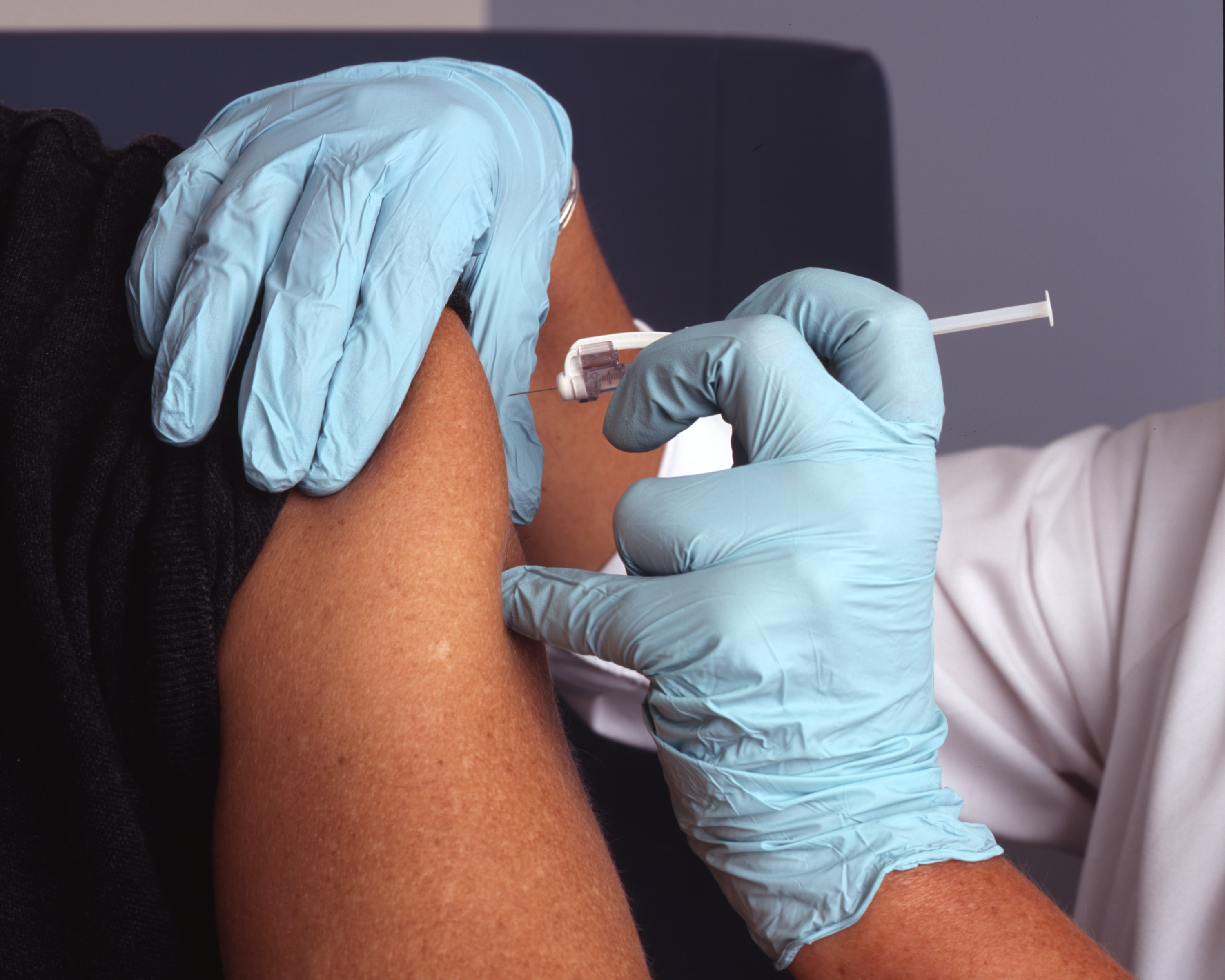Leighton Ku, PhD, MPH, Florence Tyler, and Marsha Simon, SM, PhD Executive SummaryCongress passed the Vaccines for Children (VFC) program as part of the Omnibus Budget Reconciliation Act of 1993 (OBRA 93) after a call to action by President Bill Clinton. VFC is a federal entitlement program that has successfully provided vaccines at no cost to millions of Medicaid-eligible, uninsured, partially insured, and other needy children. This report focuses on the legislative intent of Congress in creating VFC. The legislation does not specifically define what vaccines are covered and instead places the authority to determine the list of recommended pediatric vaccines with the Advisory Committee on Immunization Practices (ACIP), a federal advisory committee of the Centers for Disease Control and Prevention (CDC).Our assessment, based on a review of legislative and historical documents as well as interviews with experts who were key congressional or administration staff when the legislation was being developed, is that the responsibility for determining the list of covered vaccines was entrusted to ACIP, acting under the authority of the Secretary of Health and Human Services (HHS) and Director of CDC, because of the committee’s scientific and technical expertise and because ACIP was insulated from politics. The original charge to ACIP – which was created by the Surgeon General in 1964 – authorized it to consider a wide range of preventive agents that could help control communicable diseases, including some that were not considered traditional vaccines. Our assessment is that Congress affirmatively chose to have experts in ACIP determine the list of vaccines under VFC, which includes the authority to consider innovative preventive agents that provide immunity against communicable diseases. Our assessment does not include a recommendation of whether VFC should or should not approve the use of any particular preventive agent, only that the legislative history indicates that consideration of a broad range of preventive agents falls within the scope of ACIP’s authority and that ACIP has authority to subject any such preventive agents to its scientific review and recommendation process.The full-text report is available below.
Vaccines for Children Program: Early Legislative History and Future Innovations
October 13, 2022


